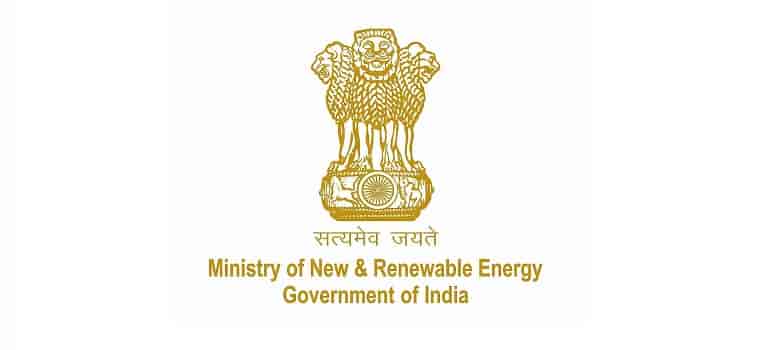
The Ministry of New and Renewable Energy (MNRE) has proposed a framework for promotng application of distributed renewable energy (DRE) in rural areas.
DRE applications are powered by renewable energy and are used for earning livelihoods directly solar dryer, solar powered cold storage, solar charkha, solar lighting systems.
There are successful pilots and business models of DRE livelihood applications in agriculture, agro-processing, dairy, poultry, fisheries, tailoring, etc., which have been tested at the field level by various agencies and have the potential to be replicated in large quantities. However, this is still only a small fraction of the overall spectrum of livelihood activities across the 600,000 villages in India. Against this background, there is a need to:
a. Scale-up the currently available DRE livelihood applications in rural areas
b. Explore development of new DRE livelihood applications in rural areas
Ministries like, Ministry of Rural Development, Ministry of Women and Child Development, Ministry of Tribal Affairs, Ministry of Small and Micro Enterprise, Ministry of Textile, Ministry of Agriculture and Farmer Welfare, Ministry of Food Processing, Ministry of Health, etc., are implementing various schemes in rural areas that support livelihoods directly or indirectly.
Integration of DRE livelihood applications with these schemes will promote the use of such applications. Promotion of DRE livelihoods applications in rural areas becomes even more relevant because of their potential to create jobs.
With this, the ministry plans to enable a market-oriented framework to attract the private sector for development and deployment of DRE livelihood applications, provide easy access to end user finance, introduce standards, monitoring and evaluation mechanisms.
The framework allows interventions to assess demand for their deployment across sectors of the rural economy.
Assessing the possibilities or potential of deployment of DRE livelihood applications across sectors of the rural economy and across regions.
This demand assessment activity will help in mapping needs of beneficiaries with appropriate fit to DRE livelihood applications. MNRE will develop a list of DRE livelihood applications in consultation with stakeholders, which will be updated regularly.
Beside Innovation, research and development of DRE technologies to offer tailor made solutions is important for widespread adoption. Collective efforts by key actors are required to identify, develop and promote appropriate DRE livelihood applications through multi-disciplinary research and innovation.
Therefore, institutions of MNRE as well as other Ministries and State level institutions will help in development of new devices and applications for rural economy.
In addition, private sector, technology incubation centres, bilateral and multilateral agencies and NGOs will participate in the research and development activities.
In order to test innovative solutions on ground, grassroot organisations (NGOs, CSOs, FPOs, SHG federations, KVKs etc.) that lead up to prototyping and demonstration projects will also be involved. Post development of innovative technologies, standards and testing protocol will be defined.
MNRE would be pursuing financial institutions for credit facilitation.
Before the pandemic, market for distributed solar products for rural areas — such as solar lanterns, pump sets and mini-grids — was estimated to grow to Rs 10,117 crore by 2023, however, its now reeling under financial stress.
